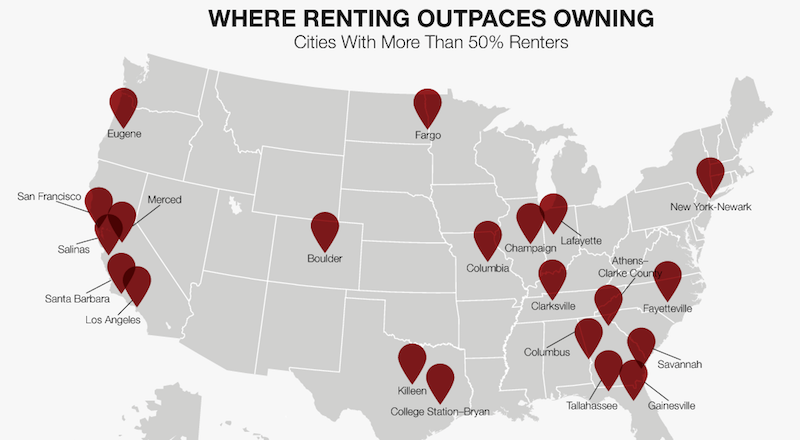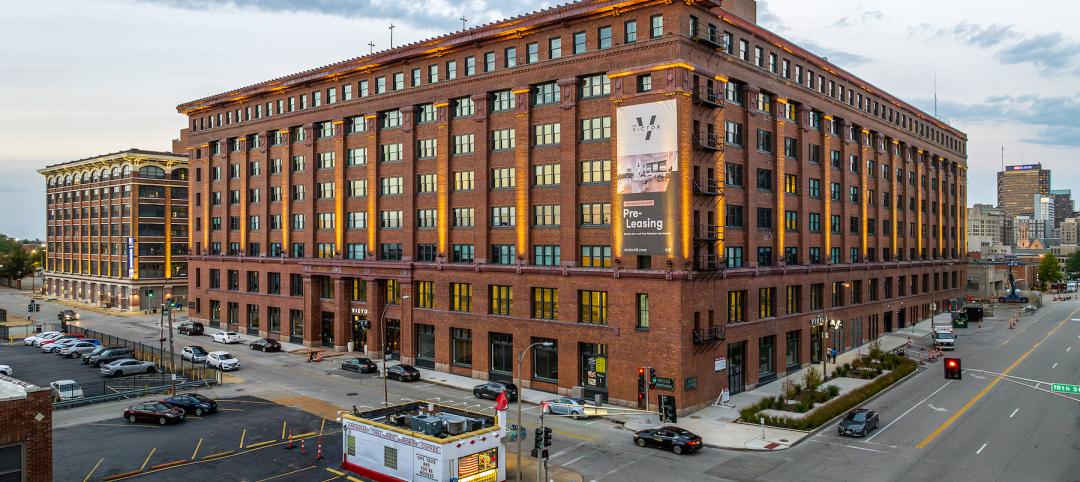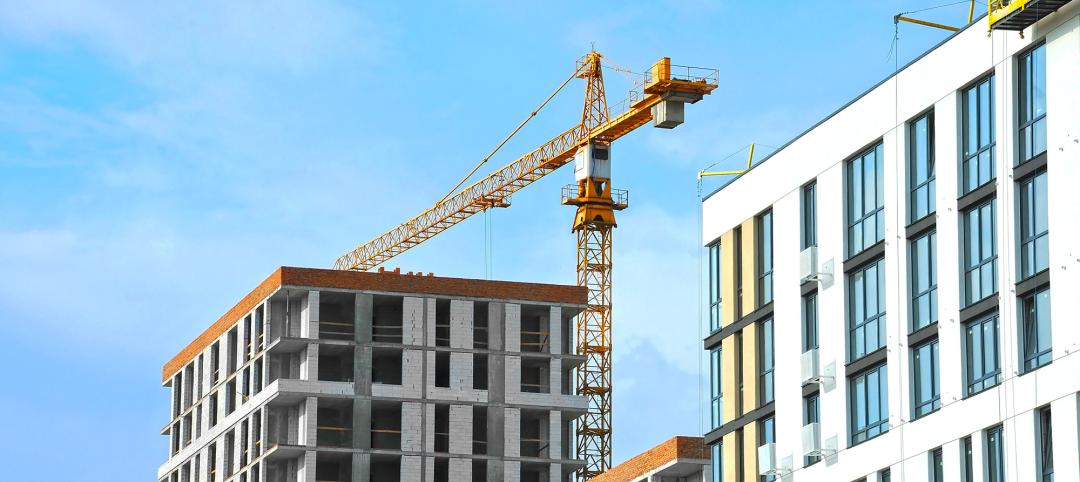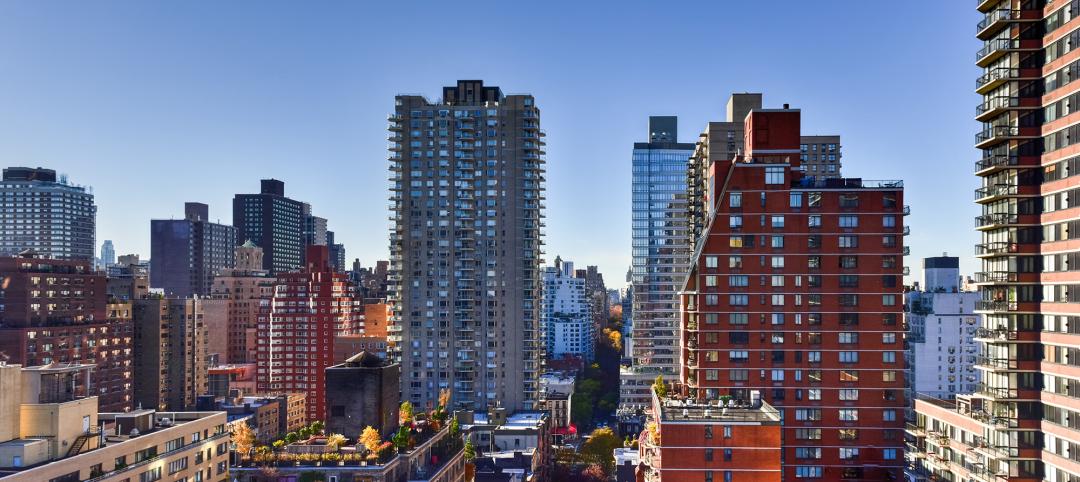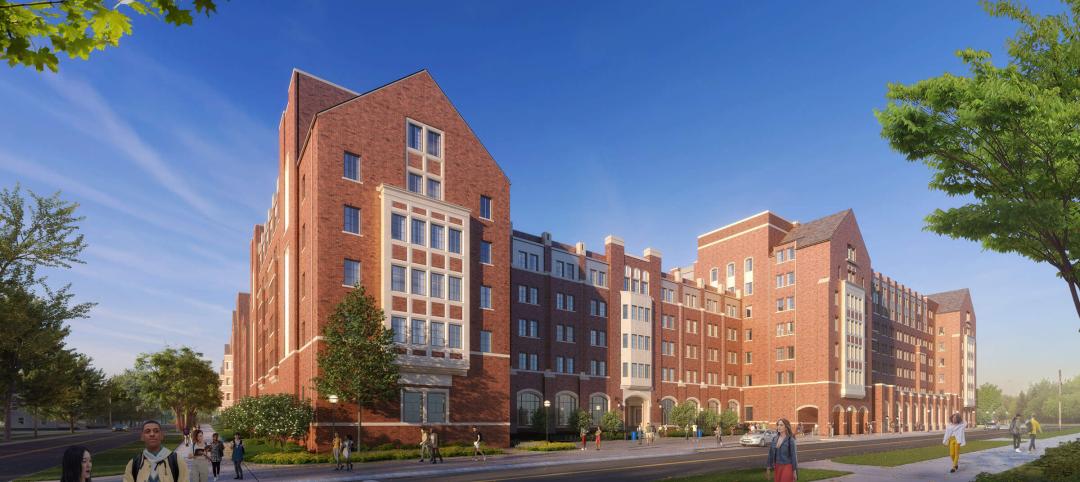Quick quiz: Which city has the highest percentage of renters: Chicago, Miami, or College Station, Texas? Believe it or not, it's College Station, with 59.1% renters. Chicago and Miami are both predominantly homeowner cities. Chicago has only 36.1% renters, Miami, 41.49%.
Of more than 400 urbanized areas around the country with a population greater than 100,000, just 21 are composed of at least 50% renters, according to data from the U.S. Census Bureau's 2015 American Community Survey. The full report was compiled by ADOBO and is based on data from The U.S. Census Bureau’s 2015 American Community Survey about occupied housing units in Urbanized Areas with a population of at least 100,000.
Not far behind is Athens-Clarke County, GA, with 57.5%, and Killeen, TX, with 56.0%. Other somewhat surprising cities include Columbus, GA (53.6%); Clarksville, TN (51.9%); Fayetteville, NC (51.2%); and Fargo, ND (50.2%). A number of big cities do make the list of majority rentals. Most housing units (53.9%) in the Los Angeles area are rented, not owned. The same goes for New York (50.7%) and San Francisco (50.9%). Five California cities make the list, more than any other state.
Many of the nation’s largest cities are unexpectedly absent from this list. Dallas, Houston, Washington, D.C., and Philadelphia are still dominated by homeowners. Both Dallas and Houston are hovering around the 43% renters' mark, while Washington, D.C., is 40.42% and Philadelphia is just 33.8% renters.
WHO'S RENTING, WHO OWNS A HOME?
A cursory glance at the age or renters hews to conventional wisdom, according to the ADOBO report. The majority of renters in the list of 21 renter-dominated cities are under 44 years old, with the highest percentage (24.29%) falling between the ages of 25 and 34. Owners tend to be older — 77.16% are over 45.
But a closer look at the age breakdown reveals some interesting divisions, especially on the renting side. In renter-dominated cities, the percentages are more equally spread across age groups for renting than for owning a home. Although over 50% of renters are 15 to 44 in age, a sizable percentage are older: 18.62% are 45 to 54, and another 14.13% are 55 to 64. A higher percentage of renters are 65 to 74 (8.32%) or 75-plus (6.96%) than 15 to 24 (5.9%).
These are all demographic factors that developers of rental apartments and condominiums - and their design and construction teams - need to keep in mind as they pursue future multifamily projects.
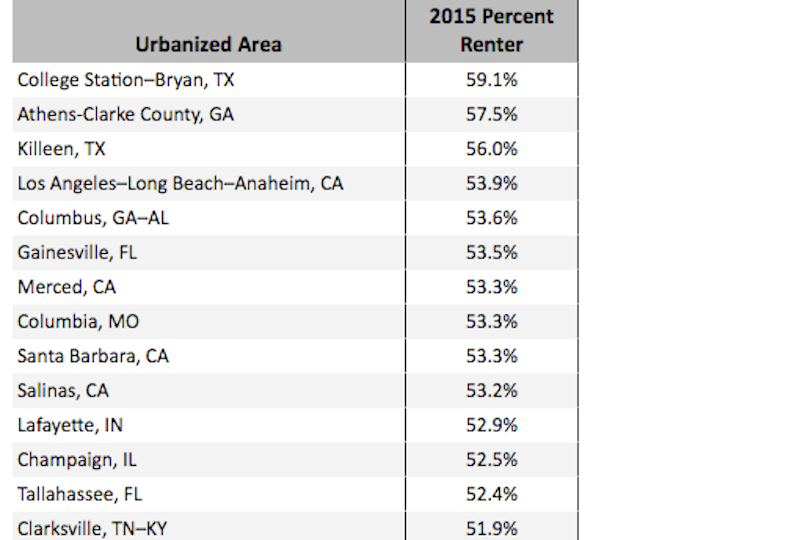
Related Stories
Adaptive Reuse | Aug 14, 2024
Adaptive reuse revives a former warehouse in St. Louis
The Victor, as the building is now called, has nearly 400 residential apartments.
MFPRO+ News | Aug 14, 2024
Report outlines how Atlanta can collaborate with private sector to spur more housing construction
A report by an Urban Land Institute’s Advisory Services panel, commissioned by the city’s housing authority, Atlanta Housing (AH), offered ways the city could collaborate with developers to spur more housing construction.
MFPRO+ Research | Aug 9, 2024
Apartment completions to surpass 500,000 for first time ever
While the U.S. continues to maintain a steady pace of delivering new apartments, this year will be one for the record books.
MFPRO+ Research | Aug 6, 2024
Matrix multifamily report for July shows ‘hopeful signs’
The multifamily market is showing strength in many ways, according to the July 2024 Matrix Multifamily National Report by Yardi Matrix.
MFPRO+ News | Aug 1, 2024
Canada tries massive incentive program to spur new multifamily housing construction
Canada has taken the unprecedented step of offering billions in infrastructure funds to communities in return for eliminating single-family housing zoning.
Student Housing | Jul 31, 2024
The University of Michigan addresses a decades-long student housing shortage with a new housing-dining facility
The University of Michigan has faced a decades-long shortage of on-campus student housing. In a couple of years, the situation should significantly improve with the addition of a new residential community on Central Campus in Ann Arbor, Mich. The University of Michigan has engaged American Campus Communities in a public-private partnership to lead the development of the environmentally sustainable living-learning student community.
MFPRO+ New Projects | Jul 31, 2024
Shipping containers converted into attractive, affordable multifamily housing in L.A.
In the Watts neighborhood in Los Angeles, a new affordable multifamily housing project using shipping containers resulted in 24 micro-units for formerly unhoused residents. The containers were acquired from a nearby port and converted into housing units at a factory.
Smart Buildings | Jul 25, 2024
A Swiss startup devises an intelligent photovoltaic façade that tracks and moves with the sun
Zurich Soft Robotics says Solskin can reduce building energy consumption by up to 80% while producing up to 40% more electricity than comparable façade systems.
Great Solutions | Jul 23, 2024
41 Great Solutions for architects, engineers, and contractors
AI ChatBots, ambient computing, floating MRIs, low-carbon cement, sunshine on demand, next-generation top-down construction. These and 35 other innovations make up our 2024 Great Solutions Report, which highlights fresh ideas and innovations from leading architecture, engineering, and construction firms.
MFPRO+ News | Jul 22, 2024
Miami luxury condominium tower will have more than 50,000 sf of amenities
Continuum Club & Residences, a new 32-story luxury condominium tower in the coveted North Bay Village of Miami will feature more than 50,000 sf of indoor and outdoor amenities. The program includes a waterfront restaurant, dining terraces with resident privileges, and a private dining room outdoor pavilion.


